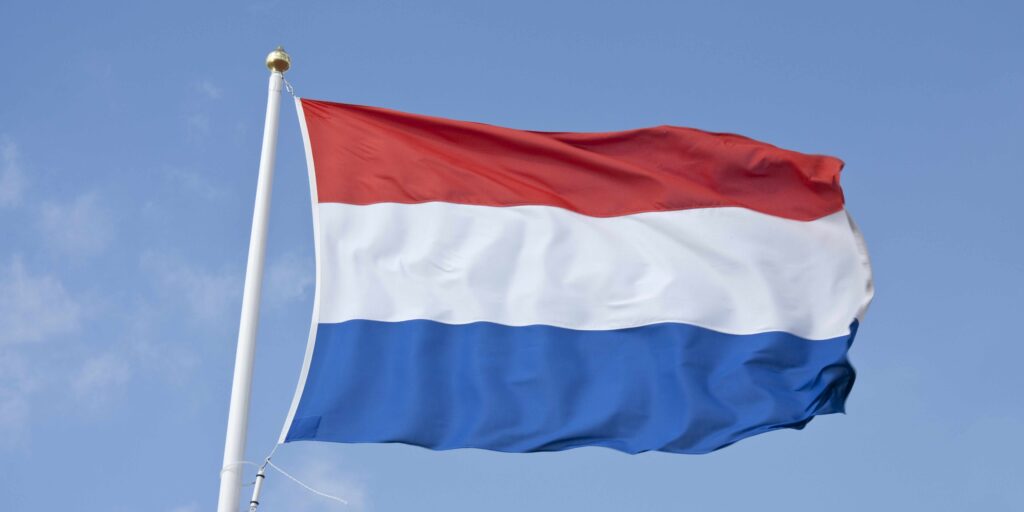
Governments and energy companies have largely agreed on measures to reduce energy costs. While final details are still being worked on, Dutch Minster Jetten’s climate and energy plans are due to be formally announced this afternoon and are focused on an energy price ceiling. These plans will ensure energy bill relief in the current times of inflation.
Prinsjesdag
The third Tuesday of September is called Prinsjesdag in the Netherlands. The head of state then delivers the Speech from the Throne in a United Assembly of the States General. In this speech, the government indicates in general terms what government policy will be for the coming year. At the same time, the budget of millions and the national budget for the following year will be presented on that day. Currently, the national budget (Miljoenennota) has been leaked and assumptions for the inflation relief can be identified.
Brief overview
The heart of the plan is that the Dutch government takes over a part of the energy bills of households. With this measure starting from the 1st of January next year, the aim is to prevent a million Dutch people from getting into -further- financial trouble. This year November and December, the monthly advance payment will already get reduced.
Moreover, this winter energy companies are not allowed to cut off households due to difficulty paying. People who cannot pay energy bills are given a six-month grace period. In the case that there is no payment arrangement within this half year is still the subject of consultation. The government also inquires energy companies to offer multi-year energy contracts to customers again. Further, in the leaked national budget (Miljoenennota), the cabinet has already announced a reduction in the energy tax for next year and an energy surcharge of 1,300 euros for people with a minimum income. This is helpful for Dutch citizens to know what they can expect.
Concrete plans
From the start of next year onwards, the first part of the energy and gas bill will mimic the consumption prices from this January – before the war with Ukraine. In reality, smaller apartments with decent insulation can potentially cover their complete energy bill. When energy consumption is higher, people need to pay the energy prices according to the current market price.
Price ceiling
To calculate the “first part” rates, the government will most likely use the average energy consumption per year. According to consultancy firm Milieu Centraal (see NOS), the average is 1169 m3 gas and 2479kWh electricity. Further, the energy companies send the other part of the bill to the government, which adjusts the difference between the costs and what the consumer is charged. Interestingly is that this price cap for household energy bills is based on consumption instead of income. While this can have a levelling effect, since fewer income households live on averagely in smaller houses, people will most likely not be left behind. In this way, the government assists people to pay for their energy consumption but still encourages them to use gas and electricity responsibly.
While it is clear that this relief budget will cost the cabinet many billions, the exact amount has yet to be determined. However, the Dutch government has a strong income flow due to the tax on the raised energy prices and the proceeds of gas that has been extracted from the seabed and ground in the Netherlands. Moreover, the potential European measurement to skim off the profits of electricity producers who are not affected by high gas prices should also benefit the Dutch treasury.
Security
To continue, the government aims to ensure long-term security for Dutch inhabitants again. In the current situation, people can only opt for a variable rate with a new contract. This variable rate is normally adjusted twice a year, but now more frequently due to the market price. As a result, financial security and stability are difficult to take into account. Jetten, Minister for Climate and Energy Policy of the Netherlands, therefore announced that energy companies must offer multi-year contracts again to regain financial stability. To compensate for the financial risks of the energy companies, the fine to terminate a long-term contract will be raised from 50 euros to 100 euros per contract. In this light, the attractiveness to cancel a permanent contract if prices suddenly fall sharply, and thus leave the energy companies with expensive energy with a potential bankruptcy, as a result, is less attractive with new and realistic penalty clauses.
Sources
https://nos.nl/artikel/2445215-overheid-springt-bij-energierekeningen-vanaf-november-omlaag
